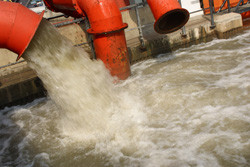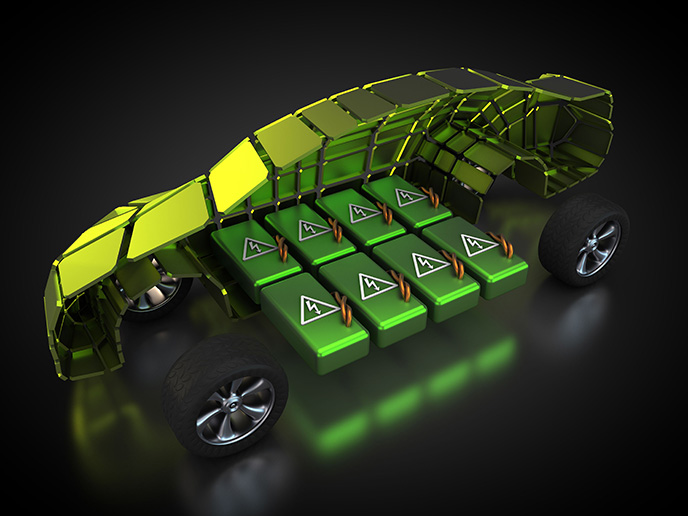Cheap new catalysts to clean wastewater
Water pollution from industrial wastes is a worldwide problem. In particular, organic compounds such as phenol and biomass waste products like cellulose can cause long-term environmental problems if not dealt with. The EU-funded PHOTOBIO23JC project addressed this problem by developing photocatalysts — chemicals that break down organic compounds through the power of UV or visible light. PHOTOBIO23JC developed several novel photocatalysts and tested them against the current industry-standard photocatalyst Evonik-P25. An important feature of the newly developed compounds is that they can function at normal environmental temperature and pressure. One photocatalyst in particular was better than Evonik-P25 at breaking down phenol, yielding valuable by-products like gluconic and glucaric acid. Others were much cheaper than their current commercial counterparts. Biological safety is extremely important in this field, and the catalysts of PHOTOBIO23JC performed well in this regard. They left no residue of heavy metal atoms, and could be easily and quickly recovered from treated water. The PHOTOBIO23JC project produced photocatalysts cheaply and simply, and they show better and more specific activity than the current state of the art. These results may lead to more cost-effective and more efficient cleaning of contaminated wastewater.
Keywords
Wastewater, ultraviolet, phenol, biomass, photocatalyst







